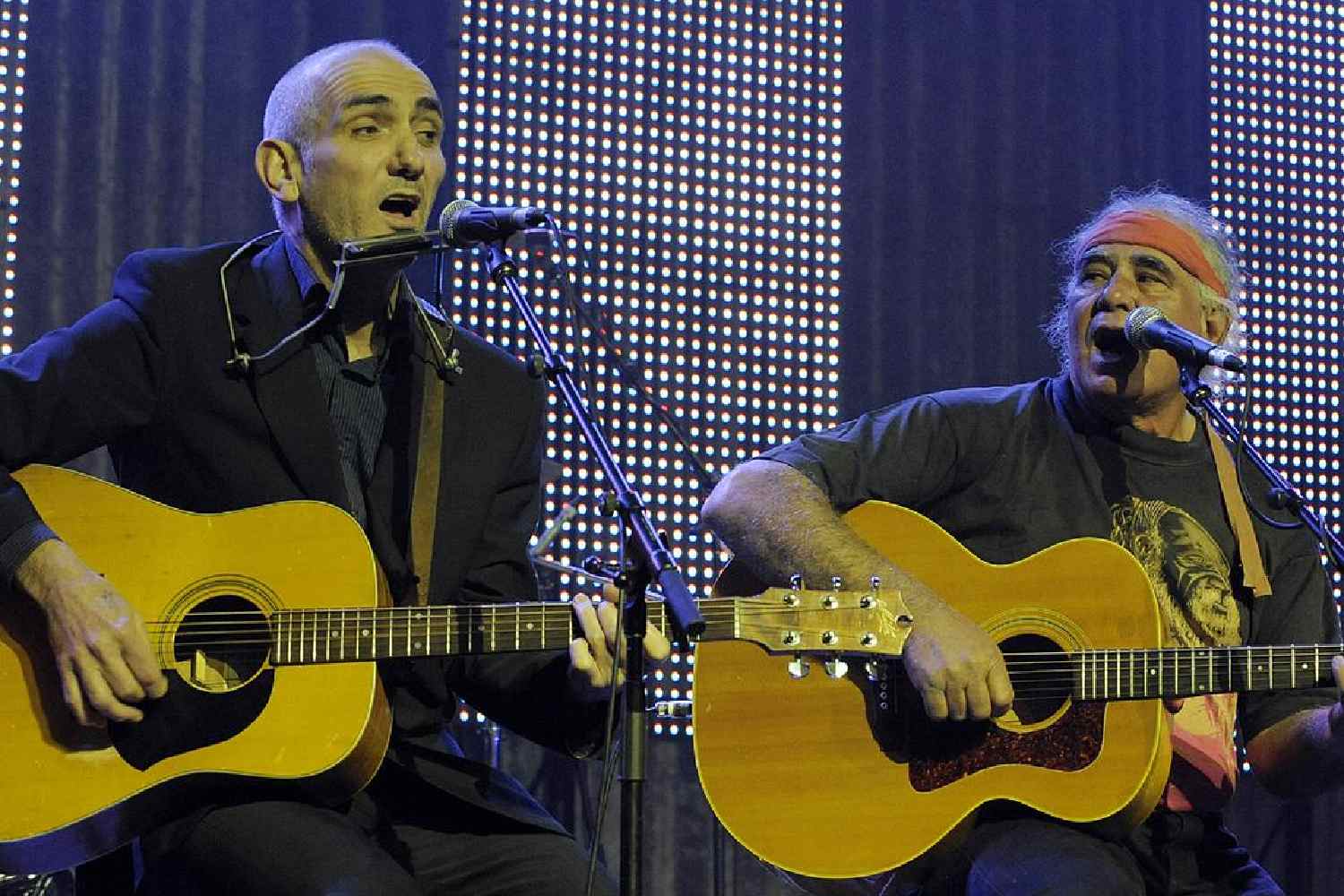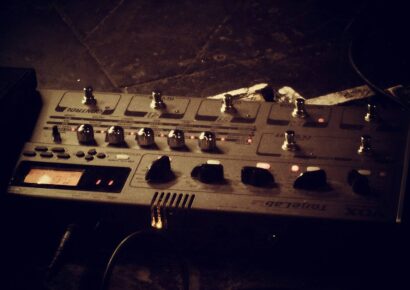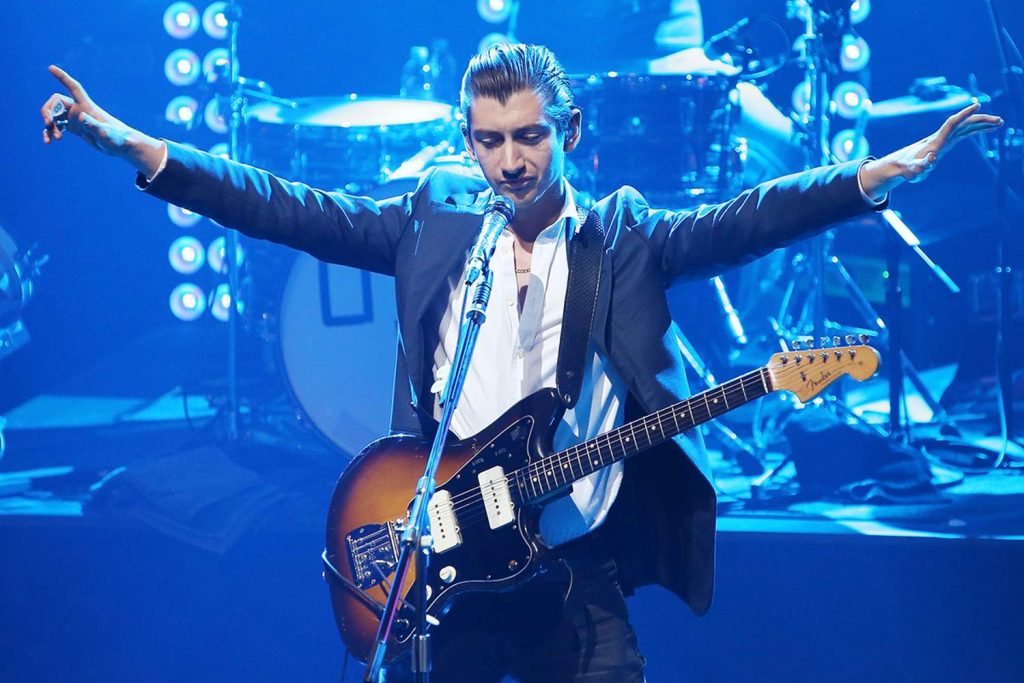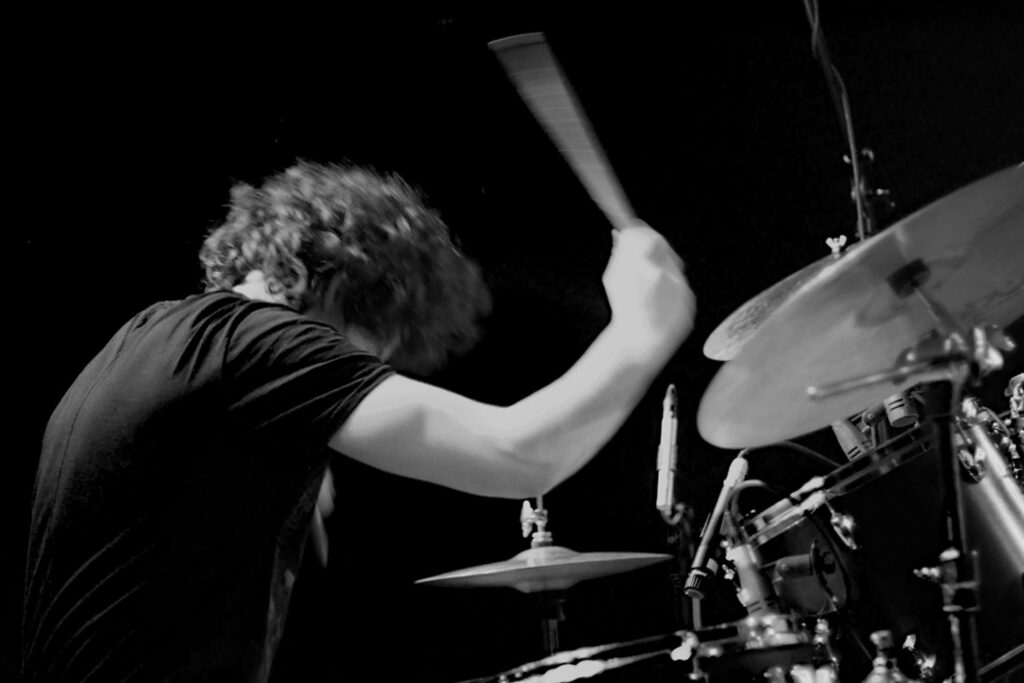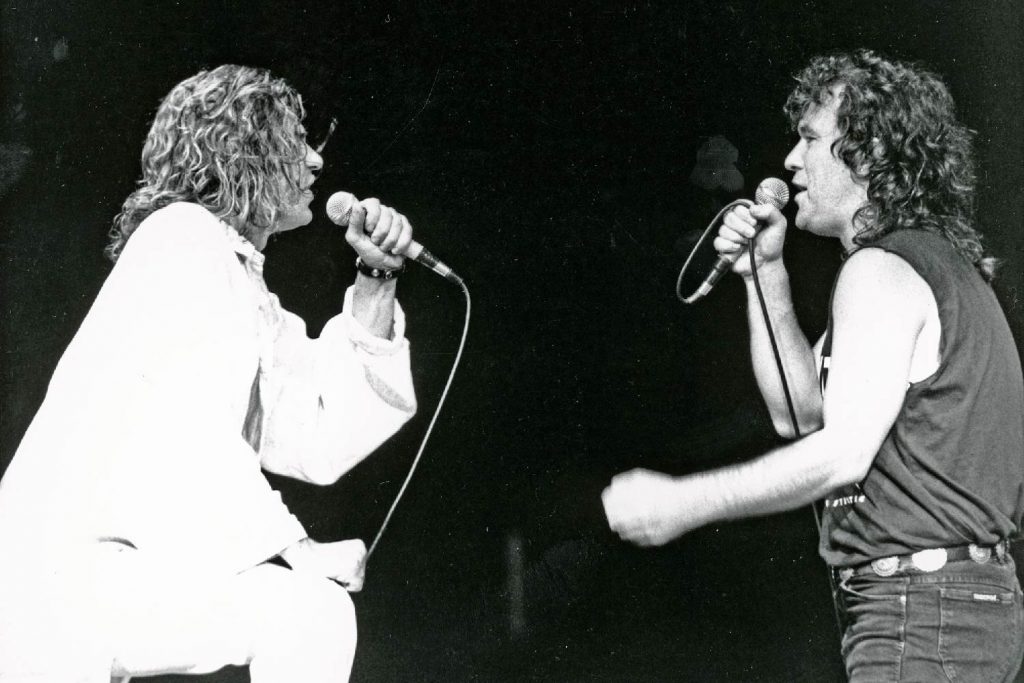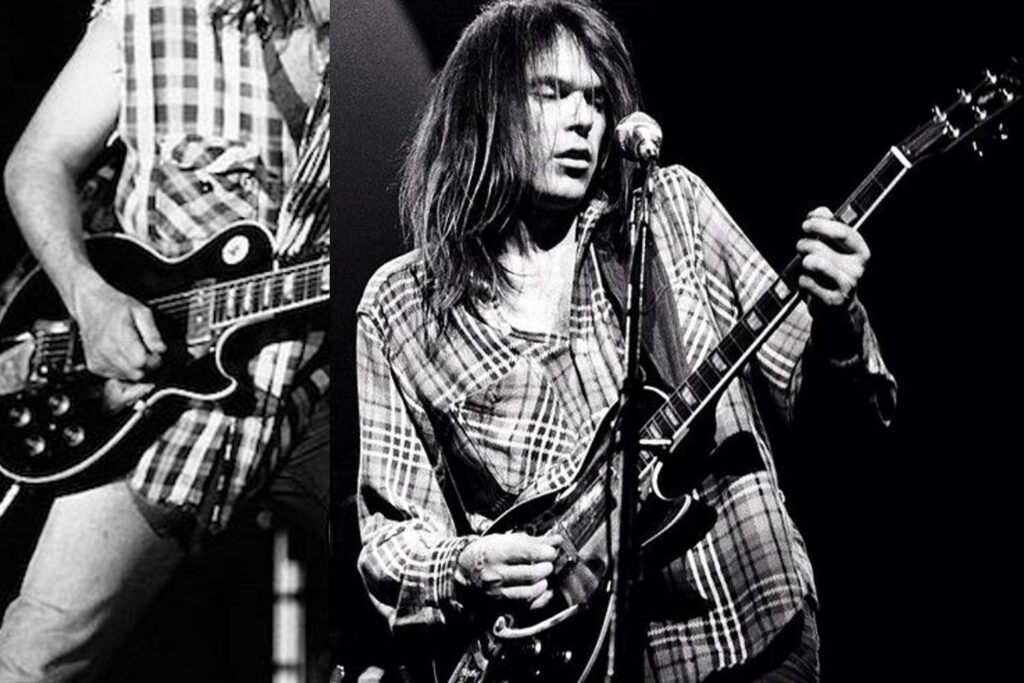Ten songs that shook the nation.
With the world’s attention having been fixated on the unrest across the world, it can be easy to overlook the injustices dealt with on our own shores. Our own musicians have a history of speaking via song, with Australian protest songs being accepted as part of the mainsteam, their messages spreading across the country.
With a troubled history of racial prejudice, abuse and systematic oppression, now is an important reminder for us to accept and address the issues thousands of Australians are subject to on a daily basis at home, and realise that we’ve still got a long way to go before things get any better.
Read up on all the latest features and columns here.
One such method of reflection is through that of the protest song; a call-to-arms that’s been passed down through generations and become commonplace within the story of Australian music.
Today, we’re analysing some of the biggest protest anthems of Australian music, delving into the socio-political and racial struggles that inspired them, and celebrating the changes they aimed to create in order to better understand Australia’s own deep-rooted history of injustice.
Helen Reddy – “I Am Woman” (1971)
Often overlooked as an Australian artist in the grand scheme of things, Helen Reddy’s 1971 single “I Am Woman” was a defiant protest anthem pushing for inclusivity and female empowerment.
Beginning with the now iconic phrase ‘I am woman / hear me roar’, Reddy’s signature song immediately became an anthem of second-wave feminism, and would go on to influence an entire generation of young girls both at home and abroad.
Redgum – “I Was Only 19” (1983)
While the blueprint for Redgum’s classic anti-war anthem was arguably laid back with the release of “And The Band Played Waltzing Matilda”, the devastating (and televised) experiences of the Vietnam War made “I Was Only 19” strike a much more poignant chord within the Australian conscience.
John Schuman’s vivid portrayal of wartime violence and the issues veterans faced when reentering society tapped into the experiences of many Australians who’d been impacted by the war, and painted a stark image of what it was like to deal with Post Traumatic Stress Disorder in closed-minded 1980s Australia.
Warumpi Band – “Blackfella/Whitefella” (1985)
“Blackfella/Whitefella” is less of a protest song and more of a cry for harmony, yet its sentiment is still just as vital as it ever was. By protesting for unity, in a sense, the Warmupi Band were exposing the institutionalised racism many Indigenous Australians and people of colour were subject to all around Australia.
Lead singer George Rrurrambu’s impassioned vocal performance and catchphrase chorus of ‘Stand up / Stand up and be counted’ saw ‘Blackfella/Whitefella’ receive significant radio airplay and delivered a message that you really couldn’t disagree with.
Midnight Oil – “Beds Are Burning” (1987)
After witnessing the severity of living conditions in remote Indigenous communities when touring with the Warumpi Band in 1986, Midnight Oil frontman Peter Garrett penned what’s now considered one of the best Australian songs of all time: “Beds Are Burning”.
The Diesel and Dust opener delves into the struggle for sovereignty and Indigenous land rights, with Garrett advocating for native title in the pre-chorus of the track – ‘The time has come to say fair’s fair / To pay the rent, to pay our share’.
Archie Roach – “Took The Children Away” (1990)
As a child of the Stolen Generations himself, nothing quite comes close to the experiences described by Archie Roach throughout “Took The Children Away”. First performed in 1988, Roach was encouraged to record “Took The Children Away” by his good friend and touring partner Paul Kelly, and the song’s impact was near immediate.
Roach’s description of the pain he endured being split up from his family and being forced to assimilate into a white man’s world (‘As we grew up we felt alone / Cause we were acting white yet feeling black’) resulted in him winning a Human Rights Achievement award in 1992 and brought mass international attention to the plight of the Stolen Generations.
Yothu Yindi – “Treaty” (1991)
Written as a response to Prime Minister Bob Hawke’s unfulfilled promise to conclude a treaty with Australian First Peoples by 1990, “Treaty” saw Yothu Yindi reflect on the need for sovereignty and a treaty to be formed between the federal government and Indigenous Australians.
The song was a worldwide smash hit, introducing international audiences to the Yolŋu Matha dialect and instrumentation like the didgeridoo and ironwood clapsticks. Even today, that first verse acts as a total bombshell – ‘Words are easy, words are cheap / Much cheaper than our priceless land / But promises can disappear / Just like writing in the sand’.
Paul Kelly and Kevin Carmody – “From Little Things Big Things Grow” (1993)
Originally released by Paul Kelly in 1991 and re-recorded with Kev Carmody in 1993, “From Little Things Big Things Grow” traces the story of Vincent Lingiari and his role in the Gurindji Strike of 1966, a ten year struggle for civil rights and sovereignty which led to the introduction Aboriginal Land Rights Act of 1976.
While the eleven verse folk epic failed to chart upon release, “From Little Things Big Things Grow” has since come to be recognised as one of the finest protest songs in Australian music history.
The Herd – “77%” (2003)
Aussie hip-hop tends to cop a bad rap from a lot of music snobs out there, but you can’t deny the raw power of The Herd’s “77%”, a triumph by all means for a genre struggling with its own notions of identity.
With a title referring to the whopping 77% of Australians who supported John Howard’s decision in the controversial MV Tampa affair, “77%” sees The Herd rip into institutionalised racism and the policies of the Howard government with brutal power and a nasty groove.
Ozi Battla’s flows might be clunky by today’s standards, but the sentiment in his lyrics lingers as much now as it ever did.
A.B. Original feat. Dan Sultan – “January 26” (2016)
Described by The Guardian as being a ‘mic drop on the nation’, “January 26” is one of the Australian protest songs that’s unlike any other.
Penned by Indigenous MCs Briggs and Trials and featuring a hook from Dan Sultan, “January 26” sees A.B. Original tear into the celebration of Australia Day on January 26 when James Cook first docked in Botany Bay: a date which many Aboriginal Australians associate with the ongoing persecution and systematic genocide of their people.
Although the date is yet to be changed, “January 26” undeniably flung the conversation into the conscience of the mainstream, and acted as a history lesson for many a young Australian raised in an educational system that tends to glance over such details.
Mo’Ju / Mojo Juju – “Native Tongue” (2018)
A standout track from 2018 and paired with one of the most memorable music videos of the decade, “Native Tongue” sees Mo’Ju (formerly known as Mojo Juju) grapple with her identity and struggle to understand her sense of belonging as a woman of Indigenous heritage.
Over a smooth minimal groove from producer Joelistics and featuring the talents of the Pasefika Vitoria Choir, Mo’Ju addresses the underlying racism that invariably tends to shape the lives of non-white Australians, asserting her blunt defiance against systematic oppression while admitting that Australia’s racial struggles are still far from being historic.
Here’s a list of First Nations Australian services you can support.
